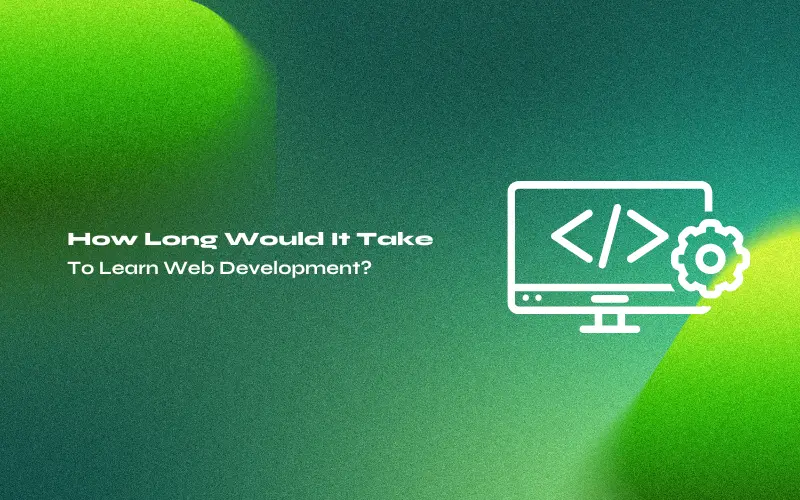
How Long Would It Take to Learn Web Development?
Mar 05, 2025 5 Min Read 9491 Views
(Last Updated)
Ever noticed how websites make our lives easier? From buying clothes online to watching funny cat videos, it’s all thanks to web development. This is like the magic behind the scenes that makes websites work.
Now, for the big question: How long does each web development learning phase take? While these estimates can vary, Phase 1 might last around 2-3 months, Phase 2 could span 4-6 months, and Phase 3 may demand 6-9 months of dedication. Keep in mind that everyone’s journey is unique, influenced by your learning pace and the complexity of the topics.
In this blog, we’re going to find out the answer. We’ll talk about the things that make learning fast or slow, the different steps you’ll go through, and what the whole learning journey might look like. So, if you’re excited about the idea of making websites and want to know how long it might take, keep reading. Your adventure into web development is about to start!
Table of contents
- Factors Affecting Learning Time
- Prior Experience
- Learning Resources
- Dedication
- Complexity of Projects
- Chosen Specialization
- Web Development Learning Phases and Time Estimates
- Phase 1: Fundamentals
- Phase 2: Intermediate
- Phase 3: Advanced
- Web Development Specialization and Continuous Learning
- Specialization in Front-End, Back-End, or Full-Stack
- Continuous Learning in Web Development
- Learning Resources for Web Development
- Online Courses
- Coding Bootcamps
- Tutorials
- Books
- Practice Projects
- Importance of Hands-On Coding and Real-World Projects
- Personal Experience and Pace
- Strong Foundation
- Long-Term Benefits
- Problem-Solving
- Tips for Efficient Learning
- Set Clear Goals
- Consistent Practice
- Seek Help from Communities
- Embrace Real Projects
- Learn by Doing
- Stay Curious
- Stay Up-to-Date
- Break Down Big Concepts
- Practice Problem-Solving
- Reflect and Revise
- Conclusion
- FAQs
- How long does it take to learn web development as a beginner?
- Can I become a proficient web developer in a year?
- How does specialization impact the learning duration?
Factors Affecting Learning Time
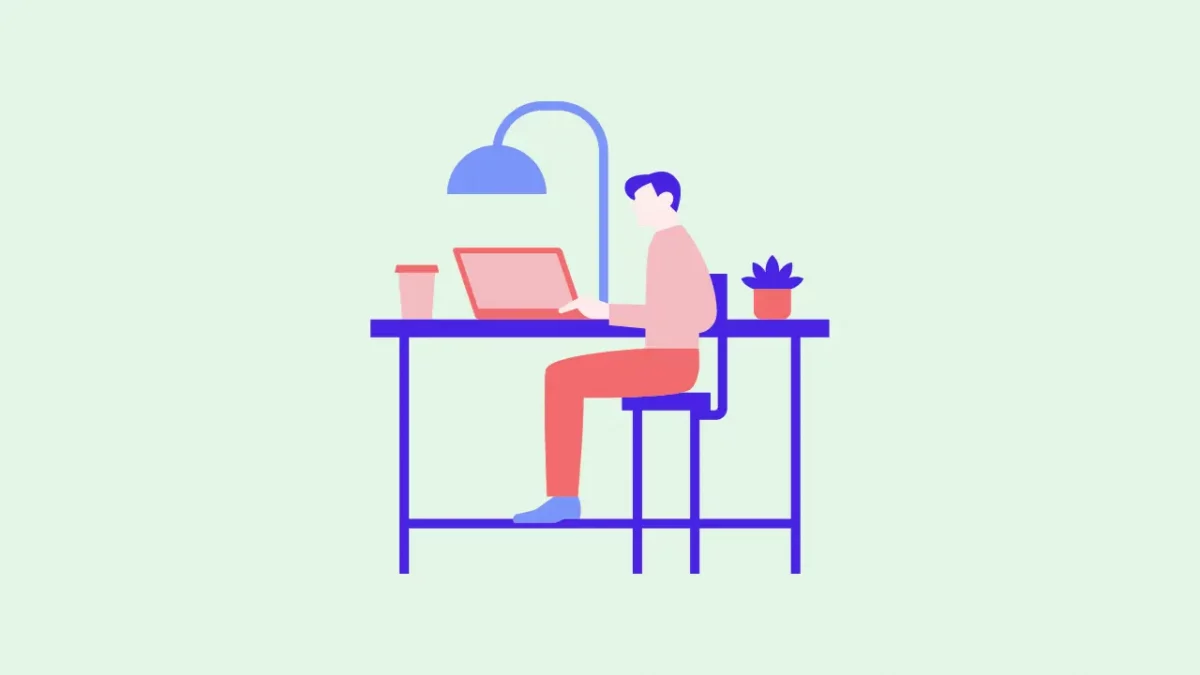
The time it takes to learn web development isn’t set in stone. It can vary from person to person due to a few important factors:
1. Prior Experience
If you’ve worked with coding or design before, you might catch on faster. If not, don’t worry; you can still learn at your own pace.
2. Learning Resources
The materials you use to learn, like online courses and tutorials, play a big role. Good resources can make your learning journey smoother.
3. Dedication
Like anything else, the more time you put in, the quicker you’ll learn. Consistent practice and effort speed up your progress.
4. Complexity of Projects
Starting with simpler projects and gradually moving to more complex ones helps you build skills step by step.
5. Chosen Specialization
Deciding whether you’ll focus on what’s visible on websites (front-end), what’s happening behind the scenes (back-end), or both (full-stack) can impact how long it takes to become proficient.
Everyone’s timeline will differ. Some might learn faster due to more time spent, while others might take longer due to limited time. Remember, the key is to stay patient and persistent on your learning journey.
Before diving into the next section, ensure you’re solid on web development essentials like front-end frameworks, back-end technologies, and database management. If you are looking for a detailed Web Development career program, you can join GUVI’s Web Development Career Program with placement assistance. You will be able to master the MERN stack (MongoDB, Express.js, React, Node.js) and build real-life projects.
Additionally, if you want to get a Web Development Course bundle and learn that in a self-paced manner, try GUVI’s self-paced Web Development Course Bundle.
Web Development Learning Phases and Time Estimates
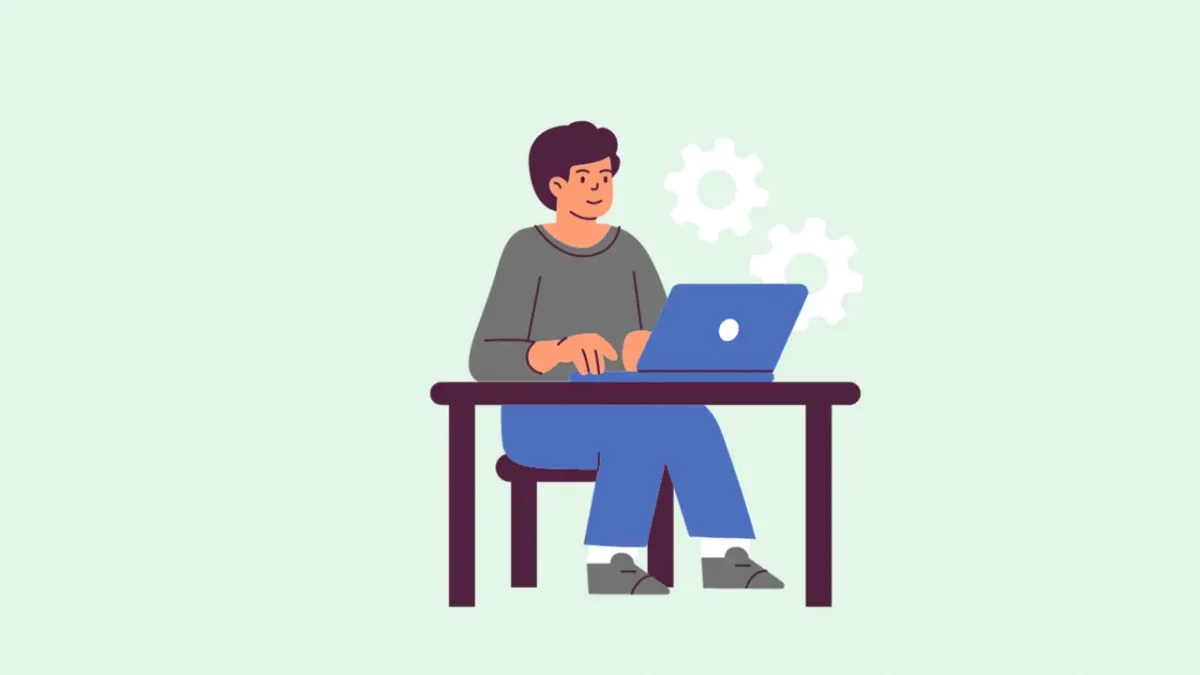
Learning web development happens in distinct phases, each building upon the last. Here’s an overview of these phases and an estimate of how long they might take:
Phase 1: Fundamentals
Importance: This phase covers the basics – understanding HTML for content, CSS for styling, and basic JavaScript for interactivity. It’s crucial because these are the foundation of web development.
Time Estimate: Typically, this phase might take around 2-3 months. You’ll grasp the core concepts that form the basis of any website.
Phase 2: Intermediate
Diving Deeper: In this phase, you’ll delve further into JavaScript, explore libraries and frameworks (like React or Angular) that make development faster, and learn about APIs and connecting to databases.
Time Estimate: The intermediate phase usually spans around 4-6 months. You’ll gain the ability to create more complex and interactive websites.
Phase 3: Advanced
Advanced Topics: Here, you’ll tackle advanced topics like server-side scripting (using languages like Node.js or Python), working with databases (both SQL and NoSQL), and understanding security measures.
Time Estimate: The advanced phase demands around 6-9 months. It’s during this time that you’ll refine your skills and handle intricate projects.
Remember, these time frames are approximate. Your learning speed, practice consistency, and the complexity of the topics can influence how long each phase takes. Embrace the journey and keep learning!
Web Development Specialization and Continuous Learning
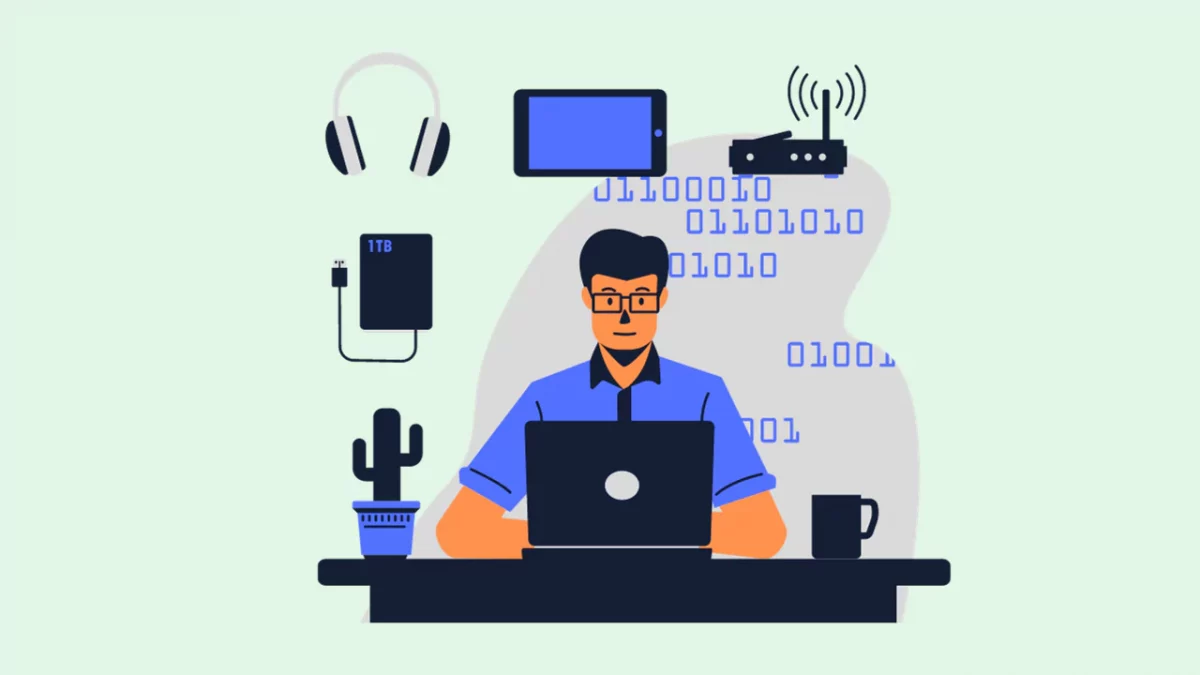
As you become more comfortable with web development, you might want to specialize in a specific area. Here’s a glimpse of what that means and why learning is an ongoing journey:
Specialization in Front-End, Back-End, or Full-Stack
Front-End Development: If you love making websites look amazing and interactive, front-end development might be your calling. You’ll focus on creating the visual elements users see and interact with.
Back-End Development: If you’re interested in making sure everything behind the scenes runs smoothly, back-end development is your arena. You’ll work on databases, and servers, and make sure data flows correctly.
Full-Stack Development: The full-stack developers are like all-around champions. They handle both front-end and back-end, giving them a complete understanding of how a website functions.
Continuous Learning in Web Development
The world of web development is like a tech rollercoaster – always moving and evolving. Here’s why the learning journey never really stops:
New Technologies: There’s always a new tool, language, or framework emerging. Staying updated helps you remain competitive and relevant.
Industry Trends: Websites today are different from those five years ago. Learning about the latest trends ensures your skills are aligned with what the industry demands.
Improving Skills: Even after becoming a pro, there’s always room to enhance your skills. Learning about new techniques and best practices keeps you at the top of your game.
So, while you might complete your initial learning phases, remember that the journey doesn’t end there. It’s a constant cycle of adapting, improving, and exploring new horizons. Whether you’re specializing or staying versatile, learning never stops in the dynamic world of web development.
Learning Resources for Web Development
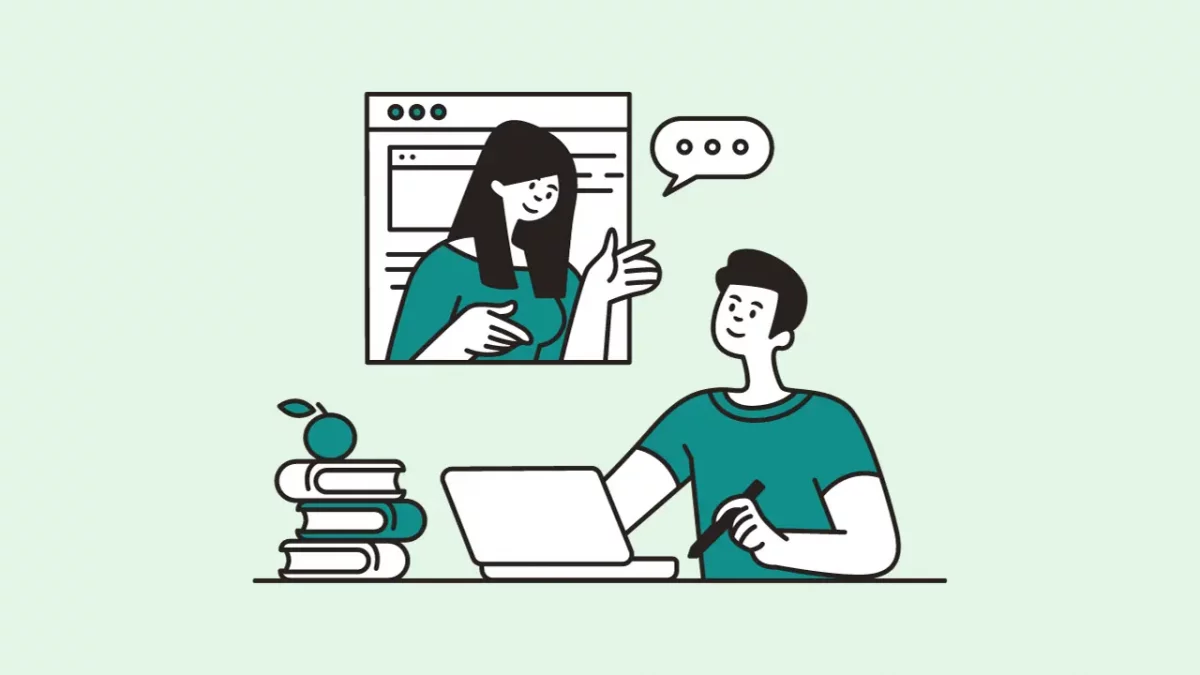
When it comes to learning web development, a world of resources is at your fingertips. Here’s a range of options to consider, each offering a unique way to learn and grow:
1. Online Courses
- Coursera
- Udemy
- Khan Academy
2. Coding Bootcamps
- Codecademy
- Le Wagon
- freeCodeCamp
3. Tutorials
- W3Schools
- MDN Web Docs
- YouTube – The Net Ninja
4. Books
- “HTML and CSS: Design and Build Websites” by Jon Duckett
- “JavaScript: The Good Parts” by Douglas Crockford
5. Practice Projects
- Start small with a personal portfolio site.
- Create a simple to-do list app.
Importance of Hands-On Coding and Real-World Projects
Learning web development is more than theory – it’s about doing. Hands-on coding and building real projects offer a multitude of benefits:
Applied Learning: Practical experience reinforces your understanding of coding concepts.
Problem Solving: Real projects present real challenges, helping you develop strong problem-solving skills.
Portfolio Building: Completed projects showcase your abilities to potential employers or clients.
Confidence Boost: Each project you finish boosts your confidence and skills.
So, whether you’re a coding newbie or on your way to becoming a pro, these resources, along with hands-on coding, will guide you toward becoming a skilled web developer.
Personal Experience and Pace
Learning web development isn’t a one-size-fits-all journey. Everyone has their own pace, and that’s absolutely okay. Some might zoom ahead while others take it slower – both paths are valid.
Encouragement to Understand Concepts Deeply:
In the world of web development, it’s not about racing to the finish line; it’s about understanding the landscape deeply. Here’s why:
Strong Foundation
Rushing through can leave gaps in your knowledge. A solid understanding of the basics is essential.
Long-Term Benefits
A deep grasp of concepts allows you to adapt and learn new things more easily as technology evolves.
Problem-Solving
Truly understanding concepts equips you to tackle challenges creatively, even the ones you’ve never encountered before.
So, if you find yourself moving slower than others, don’t fret. The goal isn’t to finish first; it’s to build a strong skill set that lasts. Remember, it’s about the journey, not just the destination. As you tackle each concept, take your time to comprehend it fully. Quality learning beats speedy learning any day.
Tips for Efficient Learning
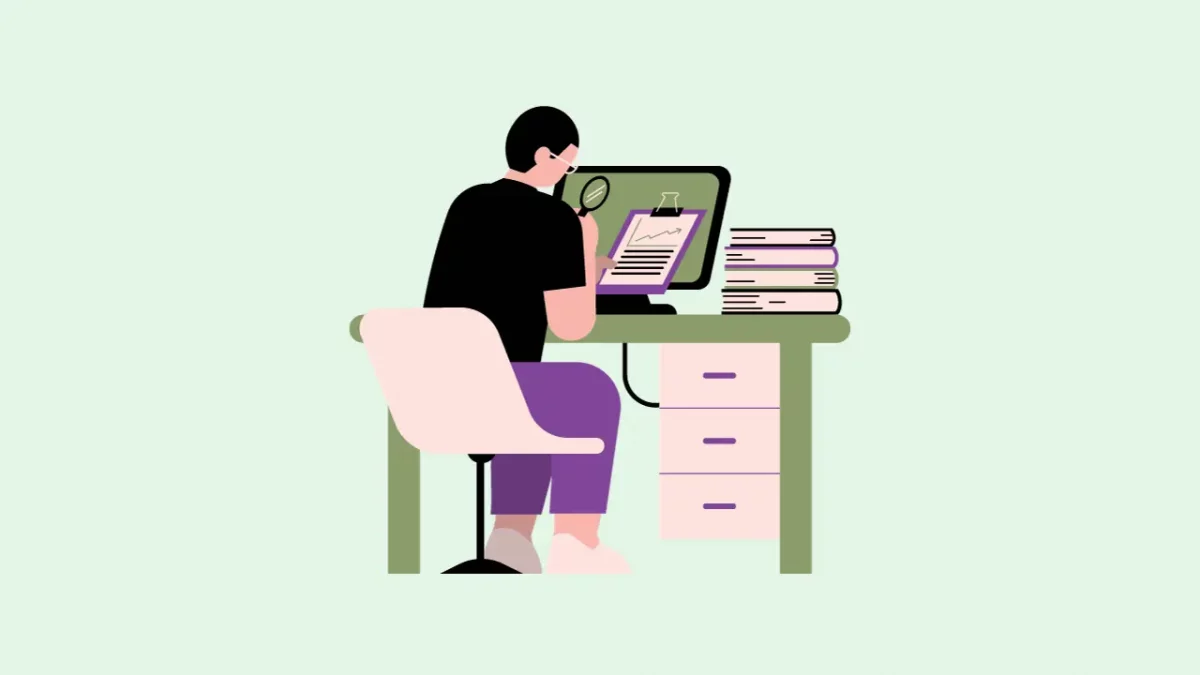
When it comes to learning web development, a few strategies can help you make the most of your time and efforts. Here are some tips to consider:
1. Set Clear Goals
Define what you want to achieve in web development – whether it’s building your own website, freelancing, or landing a job. Setting clear goals keeps you focused and motivated.
2. Consistent Practice
Regular practice is key. Dedicate a specific amount of time each day or week to coding and experimenting with what you’ve learned. Consistency builds momentum.
3. Seek Help from Communities
Online communities like Stack Overflow, Reddit, and GitHub are full of developers ready to help. Don’t hesitate to ask questions or share your challenges.
4. Embrace Real Projects
Apply what you learn to real projects. Whether it’s a personal website, a blog, or a small app, hands-on projects solidify your skills.
5. Learn by Doing
Don’t just read or watch – code along. Building things yourself reinforces your understanding and memory.
6. Stay Curious
Web development is dynamic. Stay curious and explore new languages, frameworks, and tools. Learning never stops.
7. Stay Up-to-Date
Follow industry blogs, websites, and social media accounts to stay informed about the latest trends and technologies.
8. Break Down Big Concepts
If something seems overwhelming, break it into smaller parts. Tackle one piece at a time to make learning more manageable.
9. Practice Problem-Solving
Web development involves a lot of problem-solving. Challenge yourself with coding puzzles and exercises to sharpen your skills.
10. Reflect and Revise
Regularly look back on your progress. Celebrate your successes and identify areas for improvement. Adjust your learning plan accordingly.
Remember, there’s no rush. Everyone learns at their own pace. By implementing these tips, you’ll create a productive and enjoyable learning journey in the world of web development.
Kickstart your Full Stack Development journey by enrolling in GUVI’s certified Full Stack Development Career Program with placement assistance where you will master the MERN stack (MongoDB, Express.js, React, Node.js) and build interesting real-life projects. This program is crafted by our team of experts to help you upskill and assist you in placements.
Additionally, if you want to get a Web Development Course bundle and learn that in a self-paced manner, try GUVI’s self-paced Web Development Course Bundle.
Conclusion
Learning web development is like a big adventure. Every time you write some code, fix a problem, or build something cool, you’re moving forward. Whether you’re just starting or already on your way, remember that every step counts. So, grab your keyboard, and let’s keep exploring the exciting world of web development!
Don’t hesitate to ask questions, seek help, and enjoy the process of becoming a web developer. The online world is waiting for your creations. Let’s get coding!
FAQs
The timeline for learning web development as a beginner can vary. Typically, it takes around 6 to 12 months to acquire a solid foundation in HTML, CSS, and basic JavaScript. This initial phase lays the groundwork for creating simple websites and understanding the core concepts. Keep in mind that practice consistency and hands-on coding play a crucial role in speeding up your learning process.
Becoming a proficient web developer within a year is possible with dedicated effort. After the basics, spending the next 6 to 12 months diving into more advanced topics like front-end and back-end development, using frameworks, and building real projects will significantly enhance your skills. Remember, proficiency also comes from continuous learning and staying updated with industry trends.
The choice of specialization, whether it’s front-end, back-end, or full-stack development, affects the learning timeline. Focusing solely on front-end might take around 6 to 9 months to become proficient. Similarly, back-end development could have a similar timeline. Going full-stack, which involves both front-end and back-end, might extend the learning duration to 12 to 18 months. Remember, specialization doesn’t mean the learning ends – web development is an ever-evolving field.

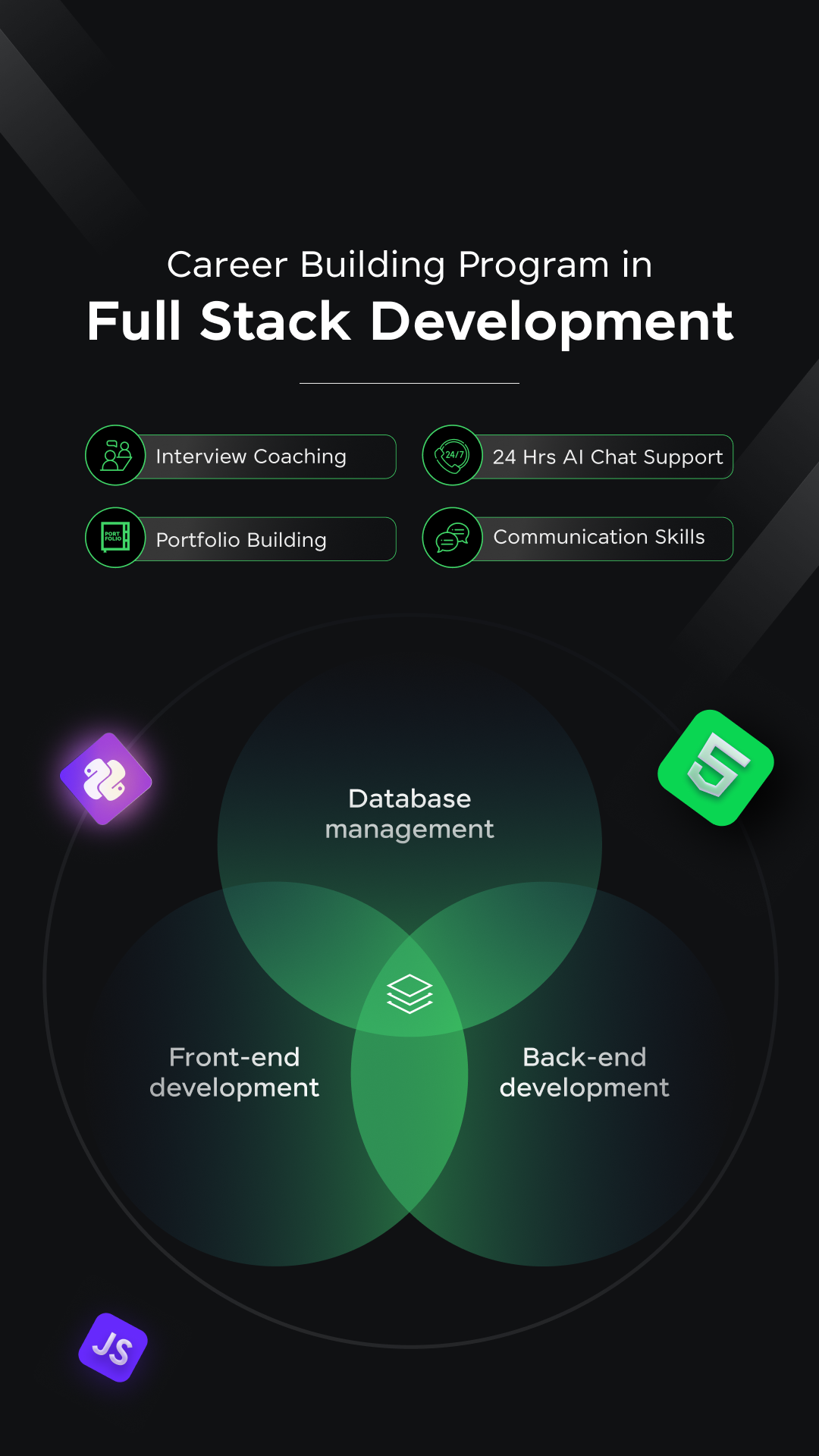








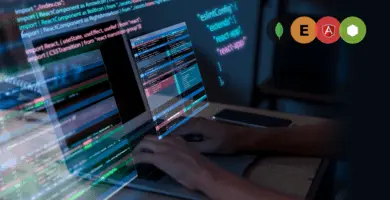
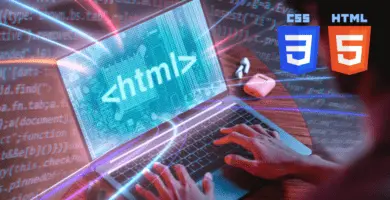








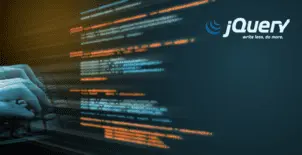





![Top Career Opportunities in Web Development [2025 Guide + Skills] 11 Feature image - Career Opportunities in Web Development](https://www.guvi.in/blog/wp-content/uploads/2023/09/Feature-image-Career-Opportunities-in-Web-Development.webp)


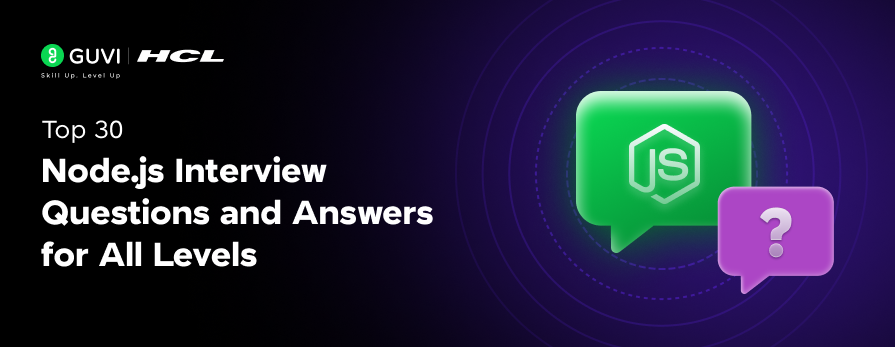
![How to Become a Web Developer Without a Degree: A Beginner's Guide [2025] 15 web developer without a degree](https://www.guvi.in/blog/wp-content/uploads/2025/05/How-to-Become-a-Web-Developer-Without-a-Degree.png)

The topic it covered was good, it's helpful to read , not only it encourages but gives the suitable way in which our approach should be